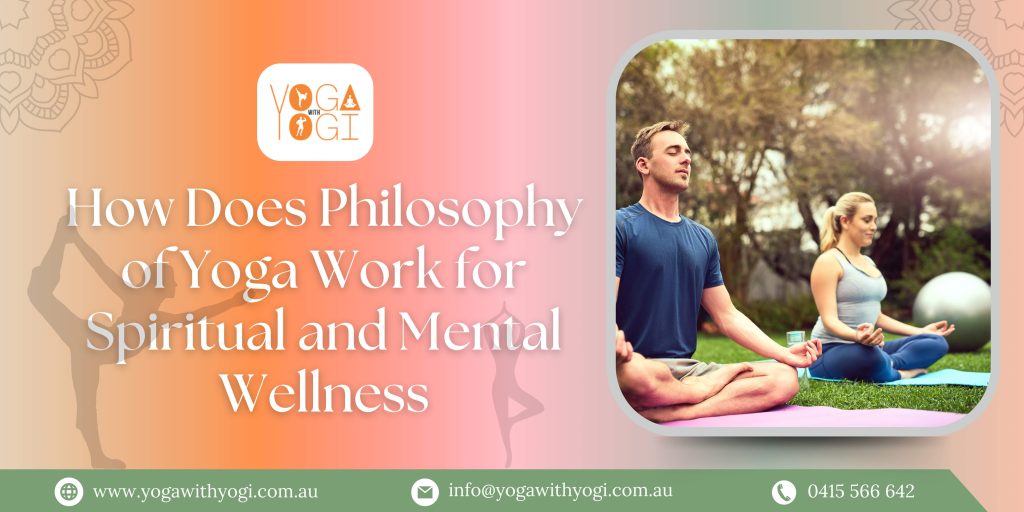For people who are not fully aware of Yoga, it is merely holding poses for a lengthy period of time and bending the body into different shapes. But fundamentally, yoga is a comprehensive discipline that promotes mental, spiritual, and physical health. Yoga’s philosophy explores its ancient beginnings and enables us to fully understand its fundamental nature. To fully benefit from this age-old practice, it’s critical for anybody interested in learning yoga to be familiar with its fundamental ideas and then start attending online yoga classes Australia to gain maximum benefits. Let’s examine the fundamentals of yoga and how it might promote mental and spiritual well-being.
Core principles of Yoga
Yoga is a way of life that integrates mental, spiritual, and physical elements. Fundamentally, yoga’s philosophy is founded on a set of rules that direct learners into self-awareness. The idea of unity, or solidarity, is one of the fundamental ideas of yoga. This means understanding that humans are all a part of a bigger picture and that everything in life is interrelated. Yoga can help us become more conscious of this interconnection and increase our empathy and compassion for other people.
Self-discipline is another core principle which involves discovering how to manage our thoughts, feelings, and behaviors in order to coexist more peacefully with other people and ourselves. By educating us how to concentrate our thoughts and nurture inner peace, yoga can assist us in developing this discipline.
How is yoga and spirituality connected?
The goal of yoga, a holistic discipline, is to bring the mind, body, and spirit into harmony. Yoga is a form of meditation that has been practiced for several thousand years, despite the fact that most people only think of it in terms of physical postures, or asanas. The Hindu heritage is the foundation of the yogab philosophy. Yoga is more than only the physical poses, or asanas, that usually come along with its practice. The purpose of these poses is to help people become more flexible and strong while also relieving physical tension.
The idea of Prakriti, that implies the material universe with all of its forms, is central to the philosophy of yoga. This encompasses our physical selves as well as the adjacent natural surroundings. Three fundamental attributes, or gunas, comprise the material world, based on yoga philosophy: sattva (purity), rajas (activity), and tamas (inertia).
Relation of philosophy of yoga with other systems
Just like other religious traditions , which emphasize the significance of interconnectivity and the necessity of transcending the individual ego, yoga places a strong focus on unity. But yoga also has distinctive features that set it apart from other systems. For instance, the physical practice of yoga is frequently utilized to get the body and mind ready for more complex techniques like pranayama (breathing exercises) and meditation. The yamas and niyamas are a set of moral guidelines that are also a part of yoga and learned in yoga classes in Sydney. These tenets such as discipline, integrity, and not harming anyone can serve as a guidance for learners in their day-to-day activities and social interactions.
Importance of meditation in the yoga philosophy
For thousands of years, people have utilized meditation as a way to improve spiritual development, lower stress levels, and foster inner calm. It is regarded in yoga as a way to reach awakening, identify with one’s actual self, and experience deeper states of awareness.
Regular practice of meditation has been found to improve immunological function, lower blood pressure, and reduce inflammation. Additionally, it can lower the risk of chronic illnesses including diabetes and heart disease and enhance the quality of sleep.





